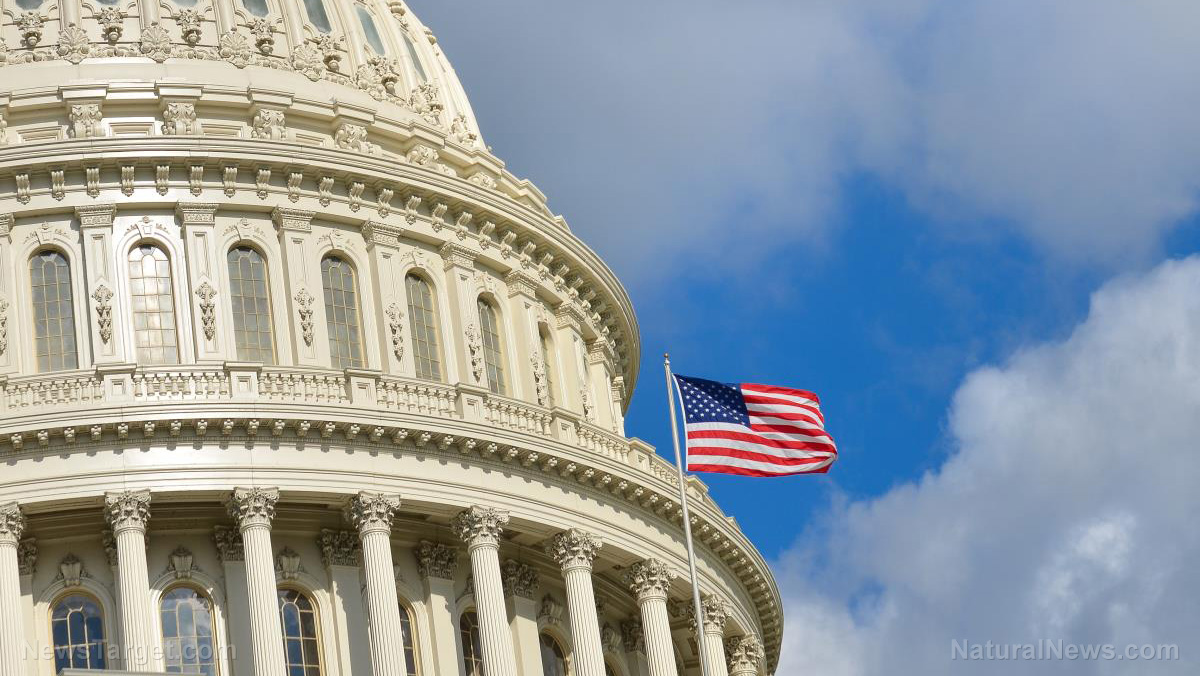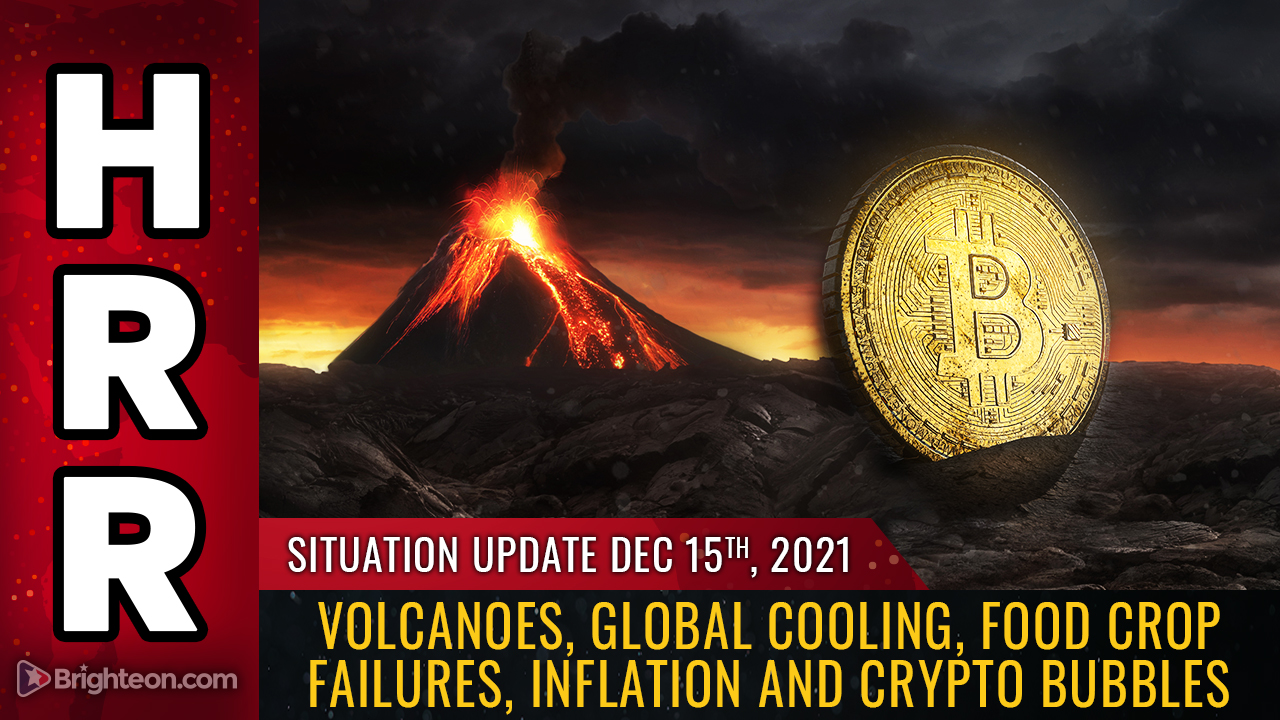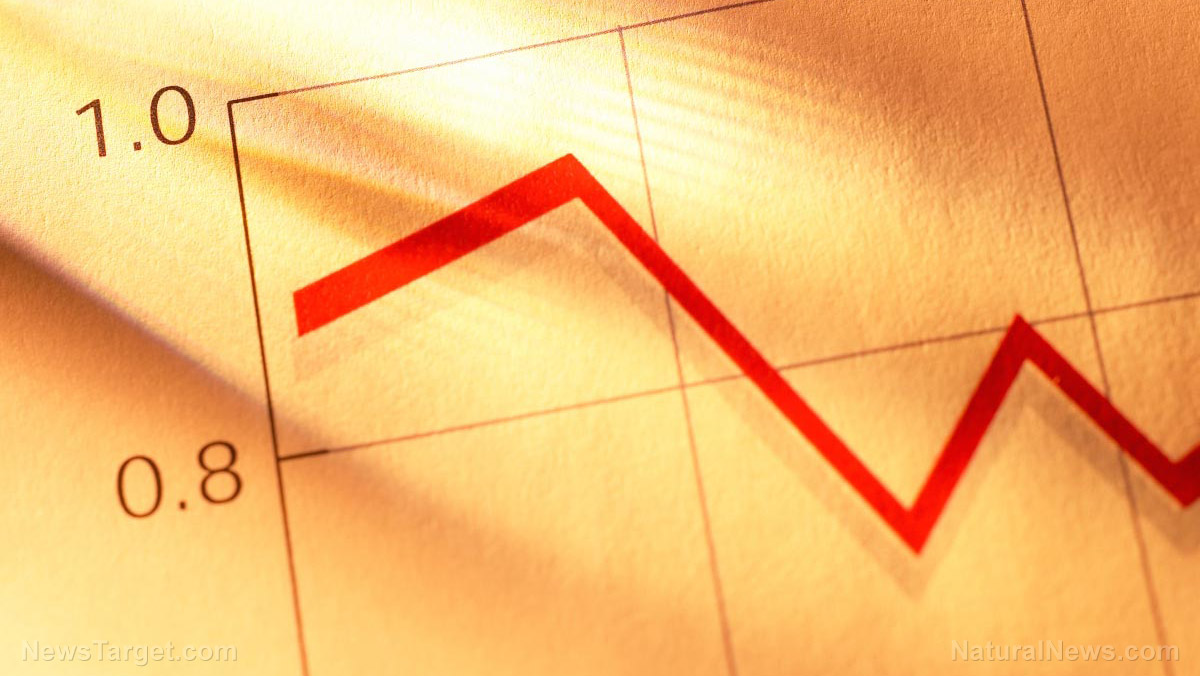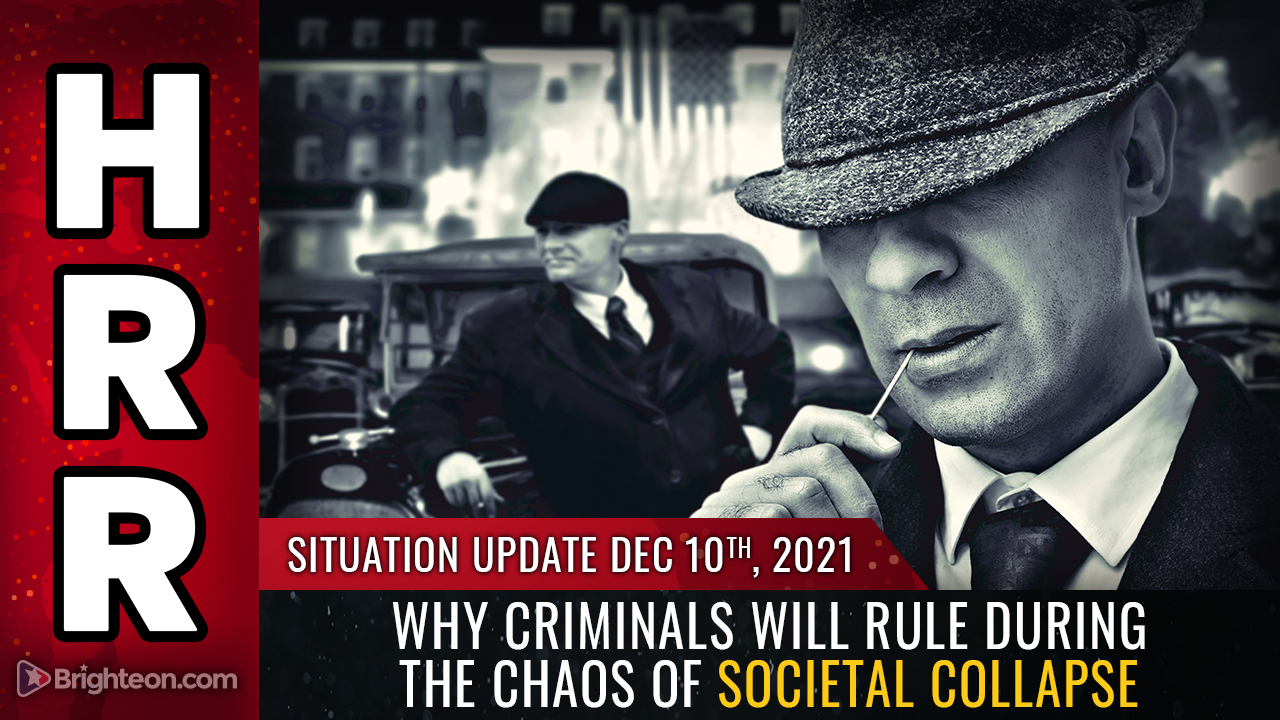Economists warn $1.9 trillion Biden relief bill may trigger runaway inflation
02/22/2021 / By Ramon Tomey

Economists have warned that President Joe Biden’s proposed COVID-19 relief bill may trigger inflation. They pointed out that the American Rescue Plan worth $1.9 trillion, and its accompanying stimulus, may negatively impact inflation projections. The plan put forward by Biden on his first day in office aimed to help an America impacted by the Wuhan coronavirus pandemic to “build back better.”
Former Federal Reserve Bank of New York President Bill Dudley warned about potential inflation in a December 2020 Bloomberg op-ed. He remarked that a lot of people who think that U.S. inflation is dead or in “a state of suspended animation in the foreseeable future” are setting themselves up for “an unpleasant surprise.”
Dudley cited three factors that play into fears of inflation rates above expectations. First, he mentioned a surge in demand conflicting with reduced supply. According to the economist, the recent pandemic wiped out many small businesses. Despite slowly achieving herd immunity and business activity going back to normal, there would simply be not enough businesses in the short term to address the higher demand. This lack of businesses then drives prices higher.
Another factor Dudley cited was the business disruption caused by the pandemic. He noted that the COVID-19 pandemic has fundamentally changed the way businesses operate. Many workers have either shifted to work-from-home arrangements or relocated outside of major urban centers. But the resulting real estate vacancies from these moves will take time to reallocate, which generates a drag on productivity growth and exacerbates inflation.
Lastly, Dudley cited the Federal Reserve‘s patience when it came to rolling back policies to ease the pandemic’s impact as a factor for increased inflation. Combined with the Biden administration’s aggressive fiscal policies and diminished focus on debt burdens, a spike in inflation ought to be foreseen.
The economist followed up his December 2020 projection in a Feb. 10 op-ed. According to Dudley, inflation is ought to be expected as both companies and households now have money to spend and that people themselves are expecting more inflation in the future. He commented: “Despite its desire to be accommodative and boost employment, [the Federal Reserve] might have to pull back on stimulus sooner and with greater force than anticipated to keep inflation in check.” (Related: Gov’t report says COVID-19 pandemic led to price hikes for food.)
Another economist warns of inflationary pressures
Former International Monetary Fund (IMF) Chief Economist Olivier Blanchard joined other economists who rang the alarm bells on inflation.
In a series of tweets, the former IMF chief argued that Biden’s American Rescue Plan – in conjunction with earlier relief packages – would sent the economy’s output level to 14 percent beyond potential. Blanchard remarked that the plan would lead to “potentially much more” than the 2.5 percent inflation predicted by some models. “It would take the unemployment rate very close to zero. This would not be overheating; it would be starting a fire,” he wrote. (Related: Noted economist warns Biden’s massive COVID stimulus will lead to exploding inflation and high interest rates across America.)
Blanchard also criticized the amount Biden allocated for the relief package. He wrote: “I agree that too much is better than too little, and we should aim for some overheating. The question is how much: Much too much is both possible and harmful. I think this package is too much.” The former IMF chief defended his stance in a tweet: “Let me be clear. We should spend what we need to save people from poverty and fund the needed response to the pandemic. I think we do not need to spend $1.9 trillion for that, and we should have a smaller program.”
Despite Blanchard’s criticism, the Biden administration has remained adamant with its $1.9 trillion relief package. Secretary of the Treasury Janet Yellen defended the amount Biden set aside for this purpose. She argued that such an amount was necessary to quickly restore employment to pre-pandemic levels.
“There’s absolutely no reason why we should suffer through a long, slow recovery,” Yellen said in a recent interview. The treasury secretary added: “I would expect that if this package is passed, we would get back to full employment next year.” She posited that it could take until 2025 to bring back the unemployment rate to four percent without more federal support. The unemployment rate was at 6.3 percent in January 2020.
Visit NationalDebt.news for more news about the Biden administration’s COVID-19 aid for Americans.
Sources include:
Tagged Under: American Rescue Plan, Bill Dudley, build back better, Collapse, covid-19 pandemic, debt, dollars, federal aid, Federal Reserve, fiat currency, fiscal policy, Inflation, inflation rate, Joe Biden, Olivier Blanchard, risk, stimulus package, Wuhan coronavirus
Get independent news alerts on natural cures, food lab tests, cannabis medicine, science, robotics, drones, privacy and more from NewsTarget.com
Get independent news alerts on natural cures, food lab tests, cannabis medicine, science, robotics, drones, privacy and more from NewsTarget.com
RECENT NEWS & ARTICLES
SHTF.News is a fact-based public education website published by SHTF News Features, LLC.
All content copyright © 2018 by SHTF News Features, LLC.
Contact Us with Tips or Corrections
All trademarks, registered trademarks and servicemarks mentioned on this site are the property of their respective owners.





















